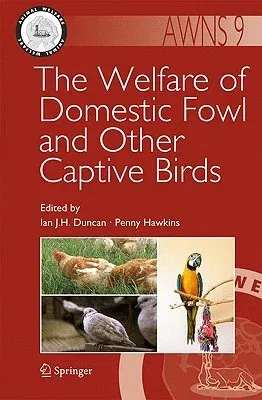Animal welfare is attracting increasing interest worldwide, especially
in developed countries where the knowledge and resources are available
to (at least potentially) provide better management systems for farm
animals, as well as companion, zoo and laboratory animals. The key
requirements for adequate food, water, a suitable environment,
appropriate companionship and good health are important for animals kept
for all of these purposes. There has been increased attention given to
farm animal welfare in many co- tries in recent years. This derives
largely from the fact that the relentless pursuit of nancial reward and
ef ciency, to satisfy market demands, has led to the devel- ment of
intensive animal production systems that challenge the conscience of
many consumers in those countries. In developing countries, human
survival is still a daily uncertainty, so that p- vision for animal
welfare has to be balanced against human needs. Animal welfare is
usually a priority only if it supports the output of the animal, be it
food, work, clothing, sport or companionship. In principle the welfare
needs of both humans and animals can be provided for, in both developing
and developed countries, if resources are properly husbanded. In
reality, however, the inequitable division of the world's riches creates
physical and psychological poverty for humans and a- mals alike in many
parts of the world.

